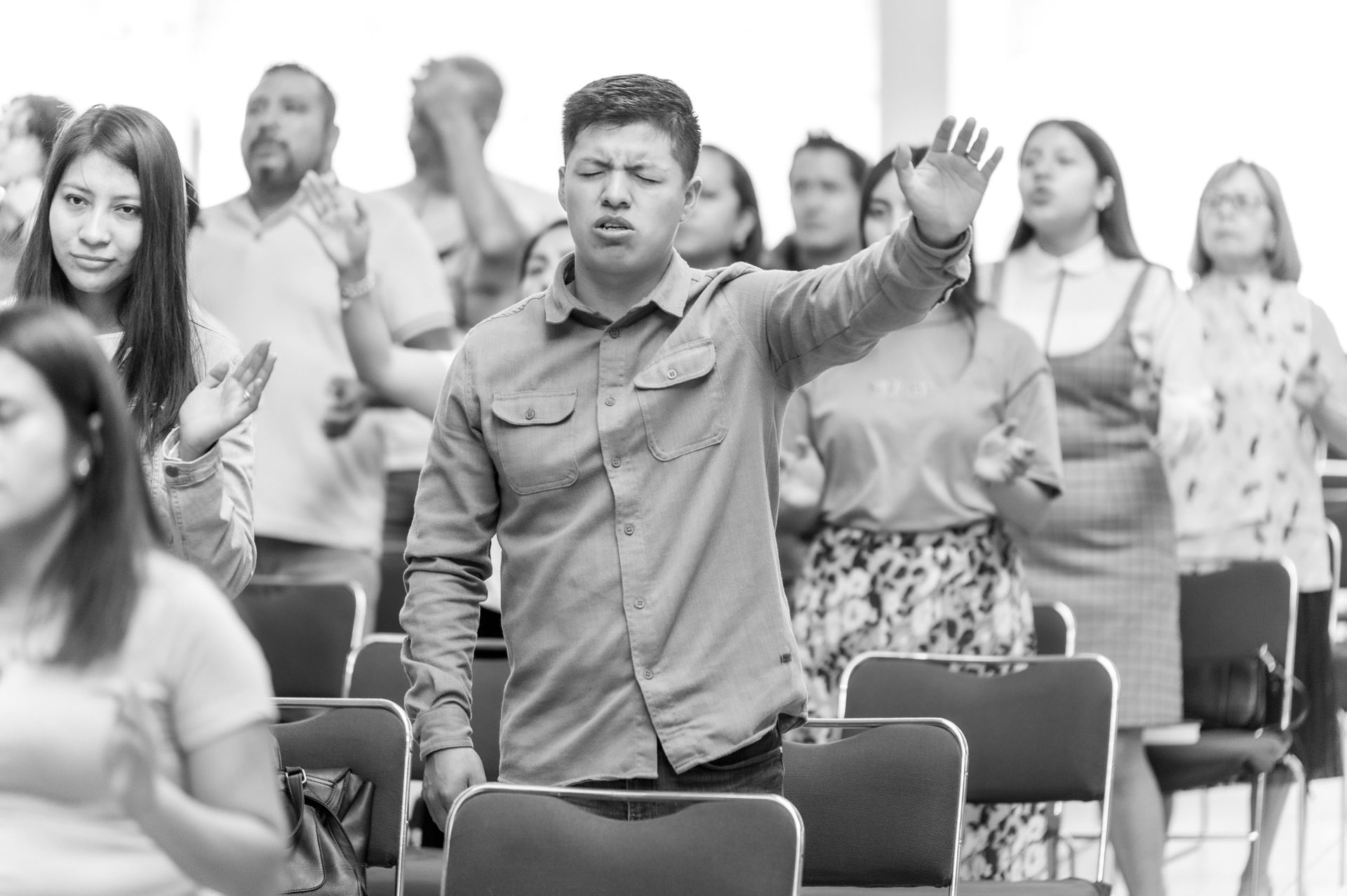Ministerial Resilience
When was the last time you thought about giving up on your ministry call?
Some ministers contemplate quitting ministry every Monday! Others have thought of leaving ministry at the onset of recurring conflicts. These, and other circumstances lead many to give up on ministry. Yet, others consider stepping away from ministry when they are unable to overcome their personal struggles. Leaders are not exempted from humanbrokenness expressed through personal insecurities, feelings of inferiority, and the need for love often seduces ministers to abandon their spiritual gifts and their ministry call for short-lived physical, sexual, emotional, or financial gratification as well.
Some blindsided by personal brokenness may ignore early signs, keeping them hidden or believing they can overcome them on their own. But many ministers lack the personal training to prevail over their brokenness. Consequently, they do not seek help. On the other hand, some who are aware of their personal issues lack the tools to overcome them. These ministers and pastors lead the church. The church of Jesus Christ in the twenty-first century like the church in the first century will continue to be led by fallible God-fearing women and men. They will continue to serve in their communities knowing they have a call of God in their lives. They must do ministry resiliently.
What is Resiliency?
In an interview with Rich Heffern, Robert J. Wicks explains that resiliency is “The ability to meet, learn from,and not be crushed by the challenges and stresses of life.”1 Pliability, flexibility, elasticity, suppleness, bounciness,springiness, hardiness, toughness, and strength—each synonym of resilience suggests the ability to endurepressures, stresses, and challenges such as the trials of ministry. After all, ministry requires resilience to carry on longterm. Timothy, the young pastor of the church in Ephesus, received the charge to keep his head in all situations, endure hardship, do the work of an evangelist, and discharge all the duties of his ministry (2 Tim. 4:5).[2] This charge must be accomplished, and it would be most effective once the pastor is able to identify those elements in his character, and life that will undermine success.
The Reach Center
It is the Assemblies of God Hispanic vision-hub facilitating opportunities and resources for the twenty-first century Hispanic ministers. Its commitment to lifelong ministry, which stands as foundation to the fact that every statistic is a pastor with a calling, a congregation with potential and a community waiting to be transformed. The Reach Center Resiliency initiative strengthens the commitment to help build thriving communities of Latino Assemblies of God pastors in every District. Women and man who are equipped, supported, and inspired throughout their ministry journey.
The reach center through the resiliency initiative commits to partner with pastors, and ministers for lifelong ministry success. To that end, we encourage pastors to engage in this personal resiliency initiative, while their umbrella districts identify and equips resiliency trainers, who in turn will help ministers and pastors learn to address personal issues at the beginning of their ministry calling, securing ministerial longevity for local churches.
[1] Robert J. Wicks, interview with Rich Heffern, “Make a Difference in the World by Being Resilient,” in National Catholic Reporter, December 11, 2009, 14.
[2] Unless otherwise noted, all biblical references are taken from the New International Version.







